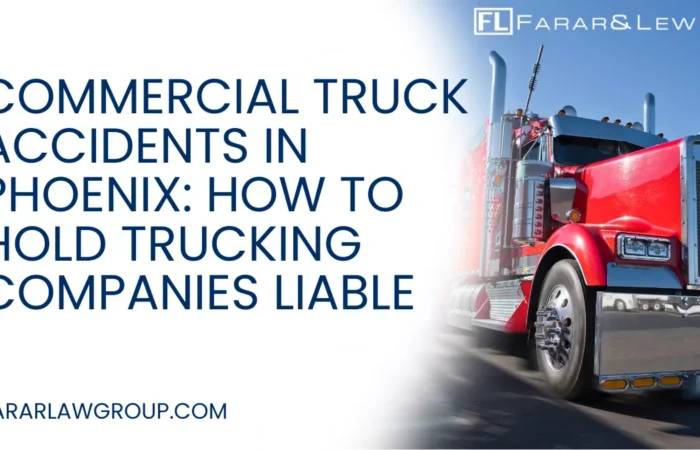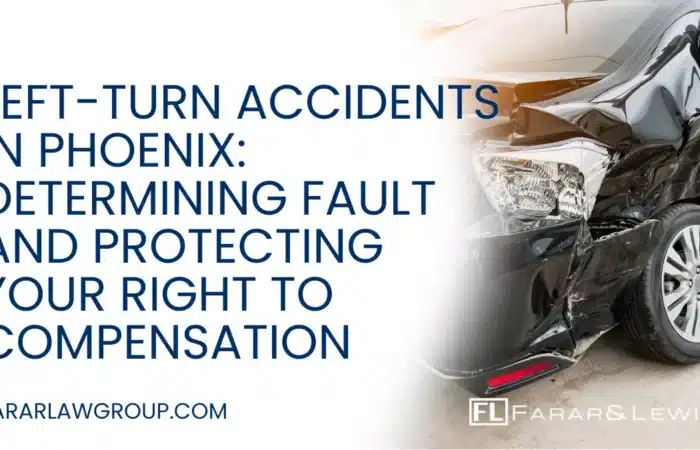Every state has enacted workers’ compensation laws for when employees are injured at work. Work-related injuries can involve fractures, back and neck injuries, occupational diseases like mesothelioma and even injuries that lead to fatalities. If you’re seriously injured at work, and you want to file a workers’ compensation claim, you have certain rights and duties. You must understand them.
Your sole and exclusive remedy
The general rule is that a workers’ compensation claim is your sole and exclusive remedy if you’re hurt on the job. Who was at fault is irrelevant, even if you were 100 percent responsible for your own accident and injury. So long as your injury occurred during the course and scope of your employment, workers’ compensation law applies.
Notice of injury
You must provide your employer with notice of your injury as soon as possible. Most states require this to be done within a specific period of time. That time period is relatively short too. After giving the employer notice of injury, you’ll want to contact us for a free consultation and case evaluation right away. Upon retaining us, we’ll get your workers’ compensation claim on file. Once that’s filed, certain rights are triggered. Those rights generally include:
- The right to seek medical care and treatment for your injury
- The right to return to work after you’re discharged by your doctor
- The right to obtain compensation for temporary or permanent disability
- The right to a hearing on your claim
Other rights
After a work-related injury, you also have the right to refuse certain requests by your employer. For example, you can refuse to make a claim with your own health insurer if you were injured at work. Remember that after making a workers’ compensation claim, the law doesn’t allow your employer to retaliate against you either. Any attempted restriction against your workers’ compensation rights by an employer can result in the imposition of severe penalties.
Your rights against a third party who caused your injury
There are times when work-related injuries are caused by the negligence of an independent third party. For example, several companies might work on a large construction project. A concrete worker from one company might get hurt as a result of the negligence of an electrician from another company. In cases like that, workers’ compensation might not be the concrete worker’s sole and exclusive remedy. The law most likely allows him to file an actual personal injury lawsuit against the electrician, and that case can be litigated at the same time that workers’ compensation benefits are being received.
Why bring a lawsuit if I’m getting workers’ compensation?
Workers’ compensation benefits are limited, and workers’ compensation laws don’t allow recovery of damages like pain and suffering or loss of a normal life. In fact, damages awarded in a civil personal injury lawsuit are usually significantly higher than workers’ compensation awards.
I can get a double recovery for one injury?
The law doesn’t allow two recoveries for one injury. Any benefits paid from a workers’ compensation claim almost always have to be paid back from the proceeds of a related personal injury lawsuit. Our law firm makes every effort to compromise down the amount required to be paid to the workers’ compensation insurer. That could translate into an even bigger bottom line net settlement for the client.
The statute of limitations
The fact that you might have the right to bring two different actions for one injury doesn’t mean anything if you don’t file on time. If you fail to bring an action within the time prescribed by the statute of limitations, you’ll probably be forever barred from proceeding further in that case. In many states there are two different limitations periods for workers’ compensation and personal injury lawsuits. You probably aren’t aware of that, but we are, and we’ll make timely filings for you in any case that you retain us on.
Preserve and protect your rights, and contact us after any accident and injury for a free consultation and case evaluation. Whether it’s workers’ compensation or a personal injury lawsuit, no legal fees are due until such time as we obtain compensation for you.


